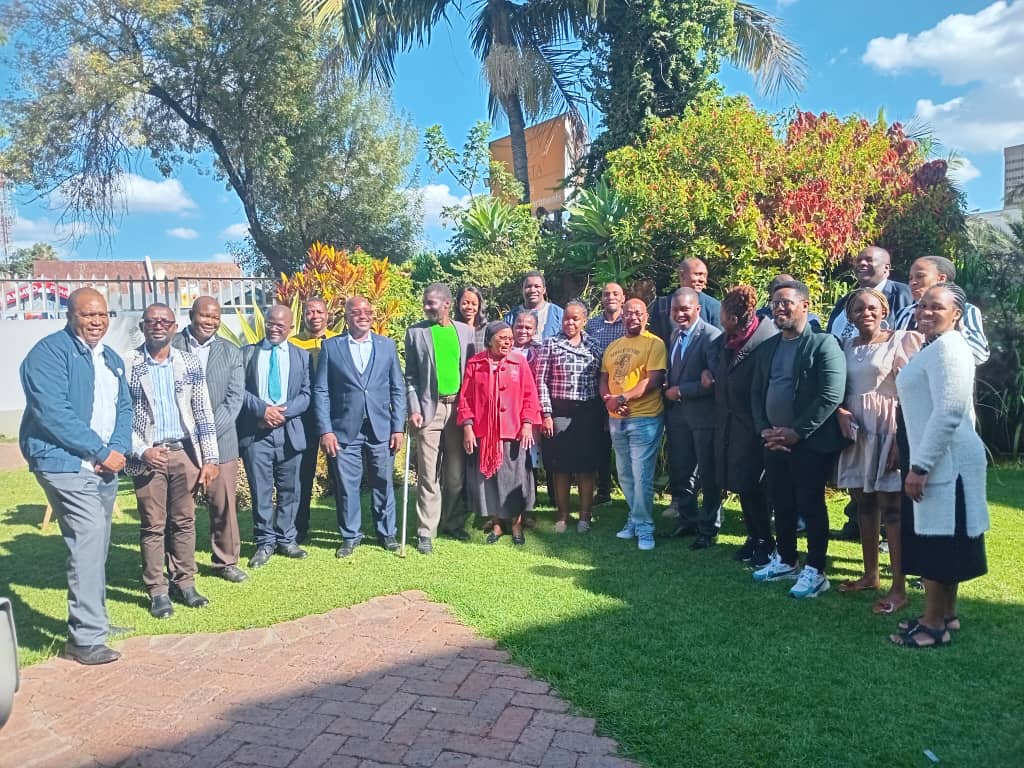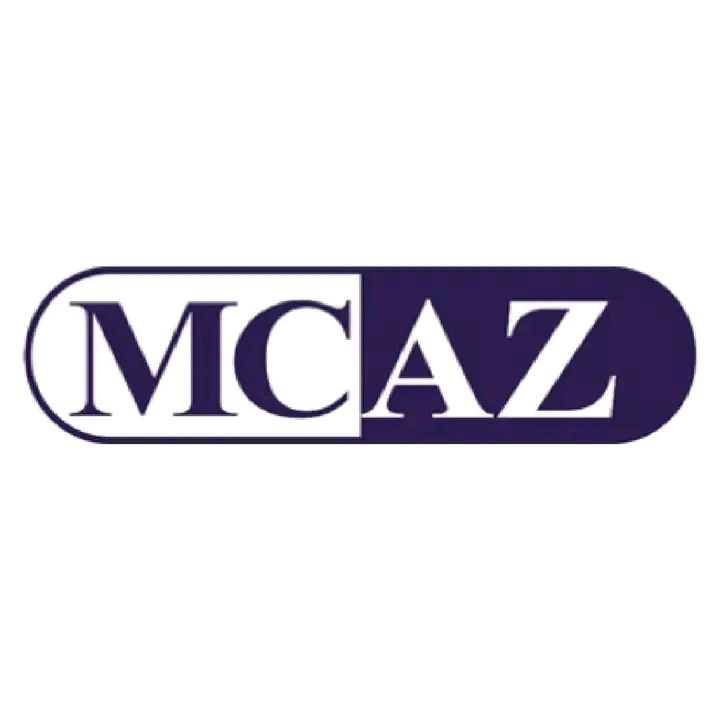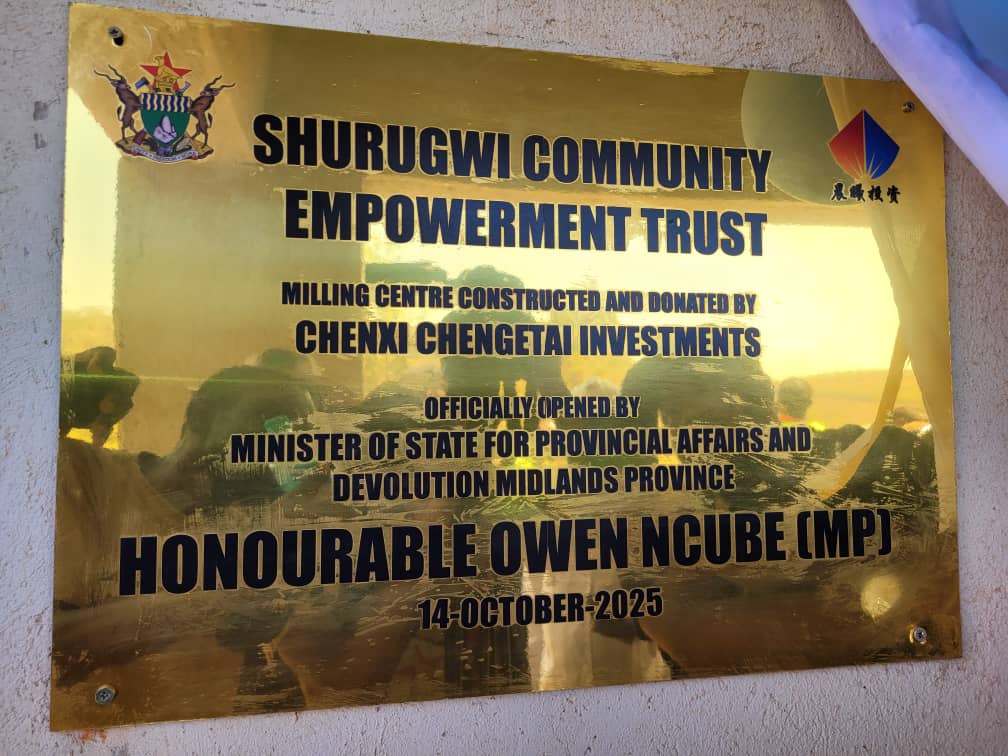
By Edward Makuzva
ZiCHIRe (Zimbabwe Community Health Intervention Research) is leading a consortium of organizations to address multiple myeloma in Zimbabwe.
The consortium includes ZiCHIRe, UZ Haematology Unit, Hospaz, Jointed Hands Welfare Organisation and the Cancer Association of Zimbabwe (CAZ).
Multiple myeloma is a type of blood cancer that develops in the plasma cells in the bone marrow. Some common symptoms of multiple myeloma include:
- Bone pain
- Infections
- Anemia or fatigue
- High calcium levels
- Kidney damage
- Confusion
- Dehydration
- Polydipsia
Multiple myeloma is a serious cancer of the blood that affects millions of people worldwide and is the second most prevalent hematological disease.
In his presentation, Zichire-BC director, Walter Chikanya added that the a Zimbabwean consortium of Cancer Association of Zimbabwe (CAZ), Hospice and Palliative Care Association of Zimbabwe (HOSPAZ), Jointed Hands Welfare Organisation (JHWO), University of Zimbabwe Haematology Unit (UZ- Haematology) and Zimbabwe community health Intervention Research (ZiCHIRe) partnered with Bristol Myer Squibb Foundation in addressing cancer disparities in Zimbabwe between 2022 and 2024, with a particular focus on Multiple Myeloma.
Chikanya reaveled that the current Bristol Myers funded multiple myeloma project in Zimbabwe has registered 197 cases out of the 261 case findings/screenings that were done.
” To achieve the set deliverables, the consortium was borne out of the need to provide holistic support to all Multiple Myeloma patients in Zimbabwe.
,”Resources are however ,limited despite the rapid increase of cancer cases in Zimbabwe in the context of declining public spending on cancer patient support.
” Multiple Myeloma cancer was in the shadow of the top three common cancers in Zimbabwe which includes Cervical, Breast and Prostate.
The Zichire-BC director highlighted that the objective of the project is to improve access to high quality, person -cantered Multiple Myeloma diagnostic, care and support services through palliative care.
He said improved Multiple Myeloma service delivery systems, where patients efficiently and effectively get diagnostic and palliative care services.
The project will increase Multiple Myeloma awareness and knowledge levels among the general population and health workers of Zimbabwe.
Stephen Moyo a resident of Zimbabwe who has been living with multiple myeloma Despite the challenges that come with this disease, Moyo has made it her mission to raise awareness about the importance of early diagnosis and treatment.
Moyo believes that by sharing his journey, he can encourage others to seek medical attention and improve their chances of survival.
Moyo’s journey with multiple myeloma began when she was diagnosed in 2021. At the time, there were only four hematologists serving a population of 15 million people in Zimbabwe, highlighting the dire need for access to healthcare services in the country.
” Now I have been able to reach many patients who were previously undiagnosed or lacking access to treatment. He emphasizes the importance of early detection and encourages people to seek medical attention if they experience any symptoms of multiple myeloma, such as bone pain, infections, anemia, or kidney damage”, Moyo explained.
Moyo’s message is clear: early detection and treatment can make a significant difference in the lives of those affected by multiple myeloma. By sharing his story and encouraging others to seek medical attention, he hopes to inspire a new generation of healthcare professionals and advocates to join the fight against this disease.
In Zimbabwe and beyond, Moyo’s courage and resilience serve as a reminder that we all have the power to make a difference in the lives of others. By working together, we can create a world where everyone has access to quality healthcare services and no one has to face a diagnosis of multiple myeloma alone.
Meanwhile, in Zimbabwe, multiple myeloma is a significant health concern, particularly in rural areas where access to healthcare services is limited .
The disease is often diagnosed at an advanced stage, making treatment more challenging. However, with the efforts of individuals like Moyo, there is hope for improving the diagnosis and treatment of multiple myeloma in Zimbabwe.

